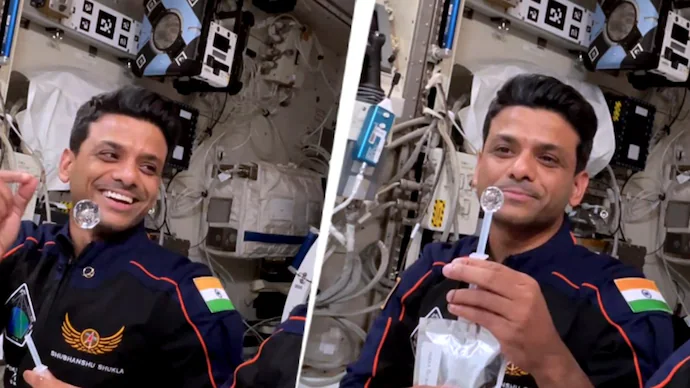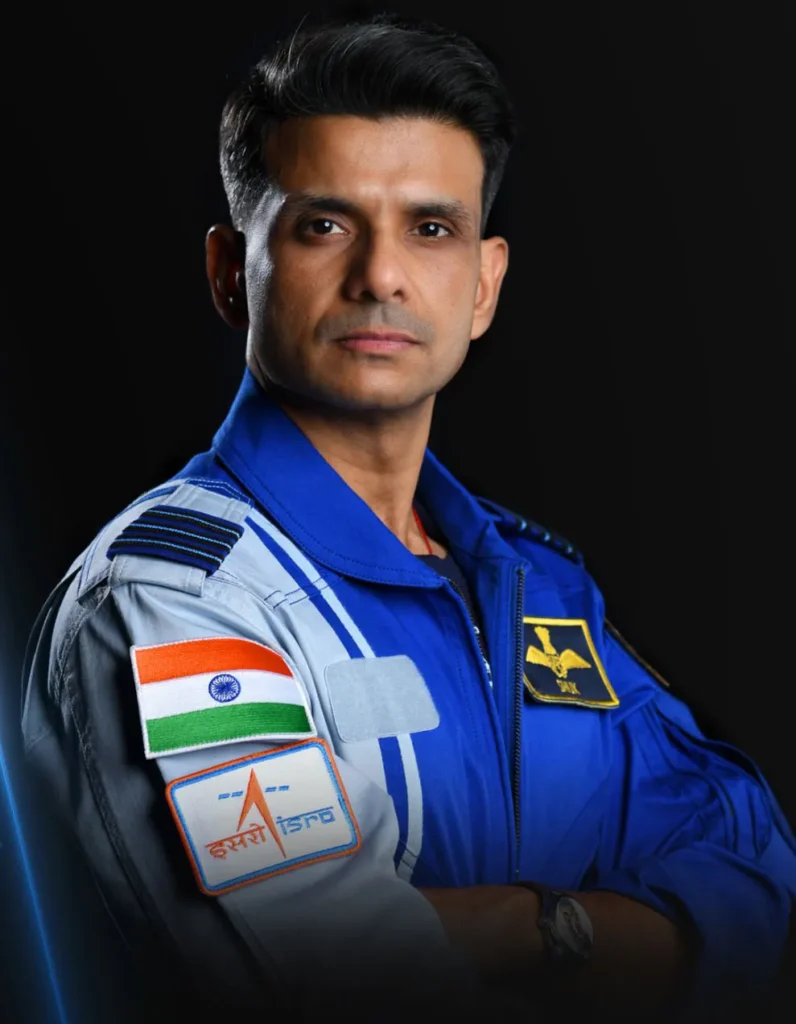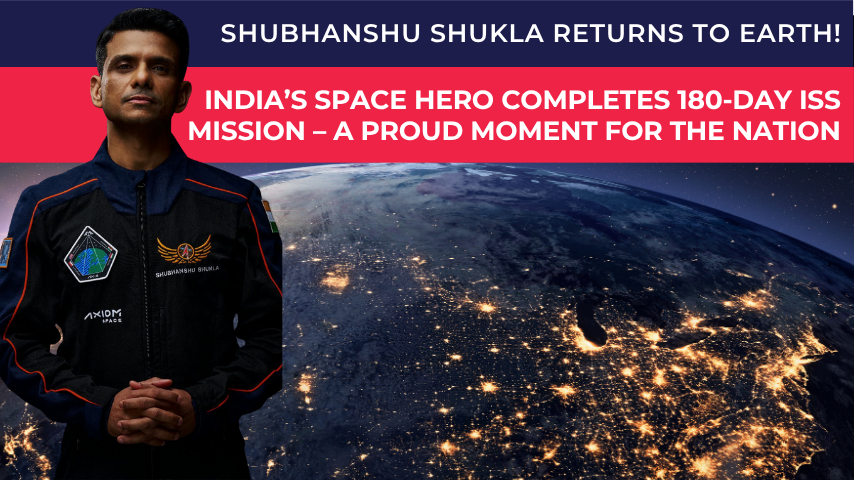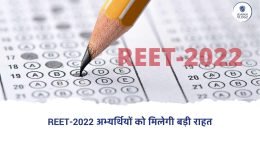In a moment that has etched itself into the annals of Indian space history, astronaut Shubhanshu Shukla has safely returned to Earth after completing a landmark space mission. The return, which took place earlier this week, marks not just the conclusion of a daring scientific expedition but also the beginning of a new era in India’s journey into space exploration.
Shukla, who spent 180 days aboard the International Space Station (ISS) as part of an Indo-international collaborative mission, made a safe landing aboard the Soyuz descent module in Kazakhstan. His return was closely monitored by ISRO (Indian Space Research Organisation), NASA, and Roscosmos mission control, with teams on standby for immediate medical and technical assessment.
A Historic Milestone
At just 36, Shubhanshu Shukla has become a symbol of aspiration and excellence for millions. Hailing from Lucknow, Uttar Pradesh, he has always been passionate about space sciences. An alumnus of IIT Bombay and later trained at NASA’s Johnson Space Center, his journey from the heartland of India to outer space is nothing short of inspiring.
Shukla’s mission, named Bhoomi Abhiyan 1, was India’s first long-duration human presence project aboard the ISS, and his role was multifaceted — conducting scientific experiments in microgravity, assisting in international payloads, and even participating in educational outreach activities with students on Earth.
His presence aboard the ISS represented India’s expanding role in the global space community and demonstrated the capability of Indian astronauts to contribute meaningfully to multinational missions.

Experiments and Achievements
During his six-month stay, Shukla was responsible for executing a series of experiments in fields such as zero-gravity combustion, biomedical research, and environmental monitoring. One of the most talked-about projects was the Samvedna module, a psychological wellness experiment developed in collaboration with AIIMS to study mental health patterns in long-term spaceflight.
He also contributed to a joint project with ESA and NASA involving water purification in space using graphene-based filters — a technology with strong potential applications for water-scarce regions on Earth.
Shukla’s mission was not just about science, however. He conducted regular video interactions with students in India, sharing his life aboard the ISS and encouraging young minds to pursue careers in STEM fields. His candid and relatable communication style won him admirers across the country.
Return to Earth
After 180 days of weightlessness, the return to Earth’s gravity posed expected physical challenges, including muscle fatigue and balance issues. However, preliminary medical evaluations indicate that Shukla is in good health and will begin a structured rehabilitation program.
In his first statement upon landing, he said, “Touching Earth again feels surreal. This mission was not just mine — it was a collective dream of every Indian who ever looked up at the stars.” He thanked ISRO, the Government of India, and his international colleagues for their support.
National Celebration and Recognition
India has welcomed its space hero with open arms. The Prime Minister congratulated Shubhanshu Shukla on his successful return and commended the ISRO team for its vision and execution. “This is not just the return of an astronaut; it is the rise of a new India in space technology,” he said during a press briefing.
The Ministry of Science and Technology has also announced that Shukla will be awarded the Vikram Sarabhai Yuva Vigyan Medal, and his mission diary will be published for educational use in schools across the country.
Looking Ahead
Shukla’s success is expected to serve as a cornerstone for India’s ambitious Gaganyaan mission and future interplanetary missions. With more astronauts in training and international partnerships being strengthened, India is poised to take bolder steps in its cosmic quest.
As the nation celebrates his safe return, Shubhanshu Shukla stands not only as a symbol of scientific prowess but also as a testament to what dreams, determination, and national vision can achieve when they work in unison.




